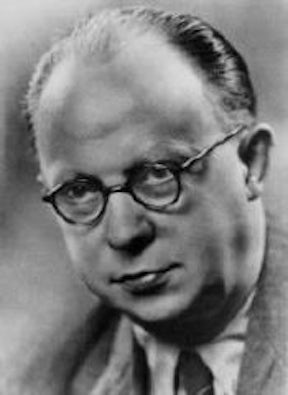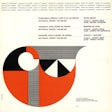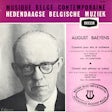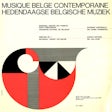August Baeyens

August Baeyens
August Baeyens was born on 5 June 1895 in Antwerp, where he died on 17 July 1966. He received his musical training at the Royal Flemish Music Conservatory in Antwerp, studying solfège, viola (first prize, 1916), harmony and counterpoint with August de Boeck and Napoleon Distelmans. As a composer, Baeyens developed chiefly through the study of composers such as Debussy, Wagner and Strauss; this interest gave him the reputation of a revolutionary within the confines of the very traditionalist conservatory. He also came into contact with a broad repertoire through practical music-making, partly as a viola player in “the Royal”, the French-language opera company in Antwerp, and in the Orkest van de Nieuwe Concerten, which fairly regularly programmed contemporary works, sometimes under the direction of leading foreign conductors. Between 1920 and 1927, Baeyens was involved with various initiatives which attempted to breathe new life into the Flemish cultural scene. Important in this connection were the concerts given in Brussels and Antwerp (1921-22), which, although small in scope, premiered music by such composers as Karel Albert, Willem Pelemans, Marcel Poot and Baeyens himself.
In 1927, Baeyens founded the Antwerps Kamermuziekensemble, with which he performed a wide range of music new for the time. The ensemble presented more than forty Belgian premieres of works by composers from the Viennese School (Schönberg, Berg, Wellesz) and from France (Milhaud, Poulenc), as well as such composers as Bartók, Hindemith, Honegger, Stravinsky and several Flemish partners-in-arms (Jef Van Durme, Karel Albert). In 1932, the ensemble died a quiet death because of the limited official and public interest, with the accompanying financial difficulties that this entailed.
From 1932 to 1944, Baeyens was active at the Royal Flemish Opera in Antwerp, working as a secretary responsible, among other things, for the many Dutch libretto translations. After the liberation in 1944, he was appointed director of the opera. He then proceeded to carry out an unconventional programming policy, which led to his dismissal in 1948. In 1953 he was again appointed director, this time playing a less obtrusive role and concentrating more on the administrative aspects of his position. In 1958 he resigned in order to devote himself completely to composition.
Discover August Baeyens also among:
Artists and performers
Flanders Arts Institute
Expertise centre for performing arts, music and visual arts.




